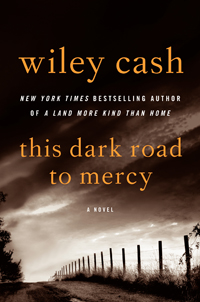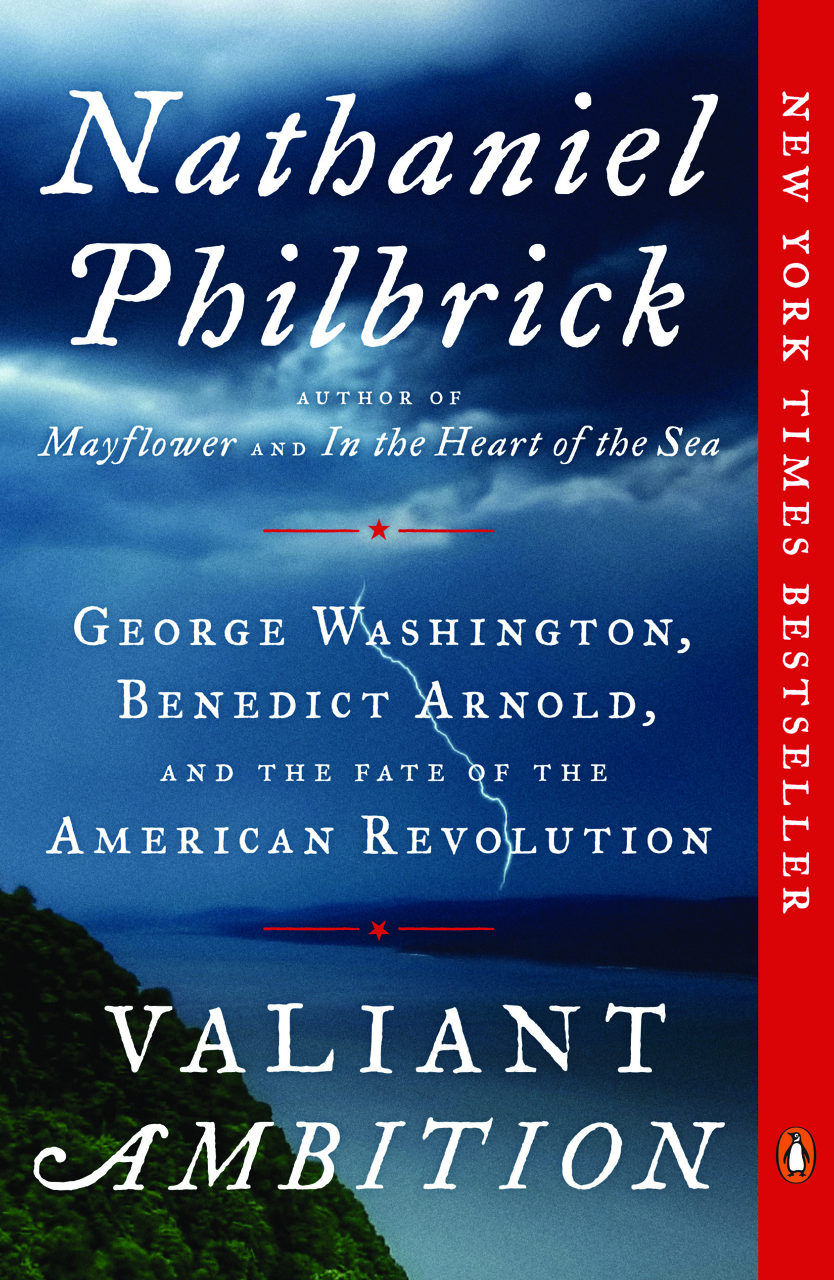Home-Run Shoot-Out
A magical baseball season unites the four disparate—and often desperate—narrators of Wiley Cash’s new thriller, This Dark Road to Mercy
Readers are like baby ducks: they crack open a book, imprint on the first character they meet—especially when that character happens to be a first-person narrator—and waddle happily off, following wherever the narrator leads. Thus it’s risky for a novelist to shift narrators after several chapters, and even riskier to move the story repeatedly among four different voices. Each narrative handoff presents a chance for readers to wander away, confused. Yet Wiley Cash manages the technique with surprising success in his new thriller, This Dark Road to Mercy, weaving together complex characters and a story so engrossing that it makes readers eager to jump out of one head and into another.
 The territory is familiar to Cash, who garnered widespread praise for his 2012 debut novel, A Land More Kind Than Home, which explored a small town’s dark secret through multiple narrators. Like that book, This Dark Road to Mercy opens in Cash’s native North Carolina, a place he evokes with the sure hand of contemporary Southern writers like Tom Franklin, Clyde Edgerton, and Lee Smith. But Cash’s second novel quickly breaks out of the state, as the book’s first narrator, a spunky twelve-year-old named Easter Quillby, runs away from an orphanage with her younger sister. Her long-absent and never-trusted father, a failed minor-league baseball player named Wade Chesterfield, has come into some money and returned. Even though he gave up all parental rights to Easter’s mother, who is now dead of a drug overdose, he wants to reconnect with the daughters he barely knows and persuades them to escape with him. Wade has another problem beyond the fact that he has enticed the girls into what is legally considered a kidnapping: the money he’s come into is actually loot from an armored-car heist.
The territory is familiar to Cash, who garnered widespread praise for his 2012 debut novel, A Land More Kind Than Home, which explored a small town’s dark secret through multiple narrators. Like that book, This Dark Road to Mercy opens in Cash’s native North Carolina, a place he evokes with the sure hand of contemporary Southern writers like Tom Franklin, Clyde Edgerton, and Lee Smith. But Cash’s second novel quickly breaks out of the state, as the book’s first narrator, a spunky twelve-year-old named Easter Quillby, runs away from an orphanage with her younger sister. Her long-absent and never-trusted father, a failed minor-league baseball player named Wade Chesterfield, has come into some money and returned. Even though he gave up all parental rights to Easter’s mother, who is now dead of a drug overdose, he wants to reconnect with the daughters he barely knows and persuades them to escape with him. Wade has another problem beyond the fact that he has enticed the girls into what is legally considered a kidnapping: the money he’s come into is actually loot from an armored-car heist.
The driving action for the cross-country chase that follows is thus somewhat typical for a thriller, but what makes this surprisingly short novel rise above the genre are the complexities of the four characters who tell the story: Easter; Wade; Pruitt, a disfigured, brutal man who chases the missing money because of a personal score to settle; and Brady Weller, a former police detective who is the court-appointed guardian to the orphans. The glue holding these characters together—and providing additional tension to the rising action—is baseball: specifically the home-run race between Sammy Sosa and Mark McGwire during the summer of 1998.
 Although the year in which this story unfolds is never mentioned, Cash subtly and convincingly recreates America as it existed at that moment. Each of the four narrators has a different tie to baseball that allows the Sosa-McGwire derby to be ever-present in their minds. At the time, the home-run race seemed a heroic battle. That it was later tainted by a steroid scandal, a fact that’s certain to be in the minds of readers, serves to reinforce the heroic and baser conflicts battling within each narrator. It also helps that Cash speaks baseball better than any dozen daily sportswriters.
Although the year in which this story unfolds is never mentioned, Cash subtly and convincingly recreates America as it existed at that moment. Each of the four narrators has a different tie to baseball that allows the Sosa-McGwire derby to be ever-present in their minds. At the time, the home-run race seemed a heroic battle. That it was later tainted by a steroid scandal, a fact that’s certain to be in the minds of readers, serves to reinforce the heroic and baser conflicts battling within each narrator. It also helps that Cash speaks baseball better than any dozen daily sportswriters.
Here’s Easter describing her father at an amusement-park pitching booth, teaching a lesson to some privileged teens who have bullied the sisters: “He stood there like a scarecrow in a cartoon, and he looked like a scarecrow, too; his shirt and his shorts suddenly looked like they were a size too big for him. The sound of the traffic and the voices of the people on the street got quieter the longer he stood there until the only sound was the giggling of the two boys where they stood over on his right side. I couldn’t take my eyes off Wade. When he started his windup, he looked down at the sidewalk in front of him and brought his right knee up so high that I thought it would touch his forehead, and when he threw himself into the pitch I swear you could see his arms and legs come loose from his body and freeze in the air just for a second before reattaching themselves.”
It is no wonder that the three fugitives ultimately run to St. Louis, to see McGwire hit in person at Busch Memorial Stadium, the setting for a tense climax where all narrators intersect. While other masters of the literary thriller—notably Cormac McCarthy and Dennis Lehane—have also moved narratives among several point-of-view characters, Cash may be unique in his ability to immerse readers in successive first-person voices who each become utterly human and real—even the psychotically violent Pruitt. This Dark Road to Mercy ultimately rewards readers for their excursions into these personalities by concluding with Easter Quillby, the one who brought them to the dance, in a touching and satisfying scene that puts Mark McGwire in the book’s final paragraph while convincing readers that Easter was, after all, a narrator worthy of imprinting on. In the end, Cash gets all his ducks in a row.
Wiley Cash will discuss and sign This Dark Road to Mercy at The Booksellers at Laurelwood in Memphis on February 17, 2014, at 6 p.m.


